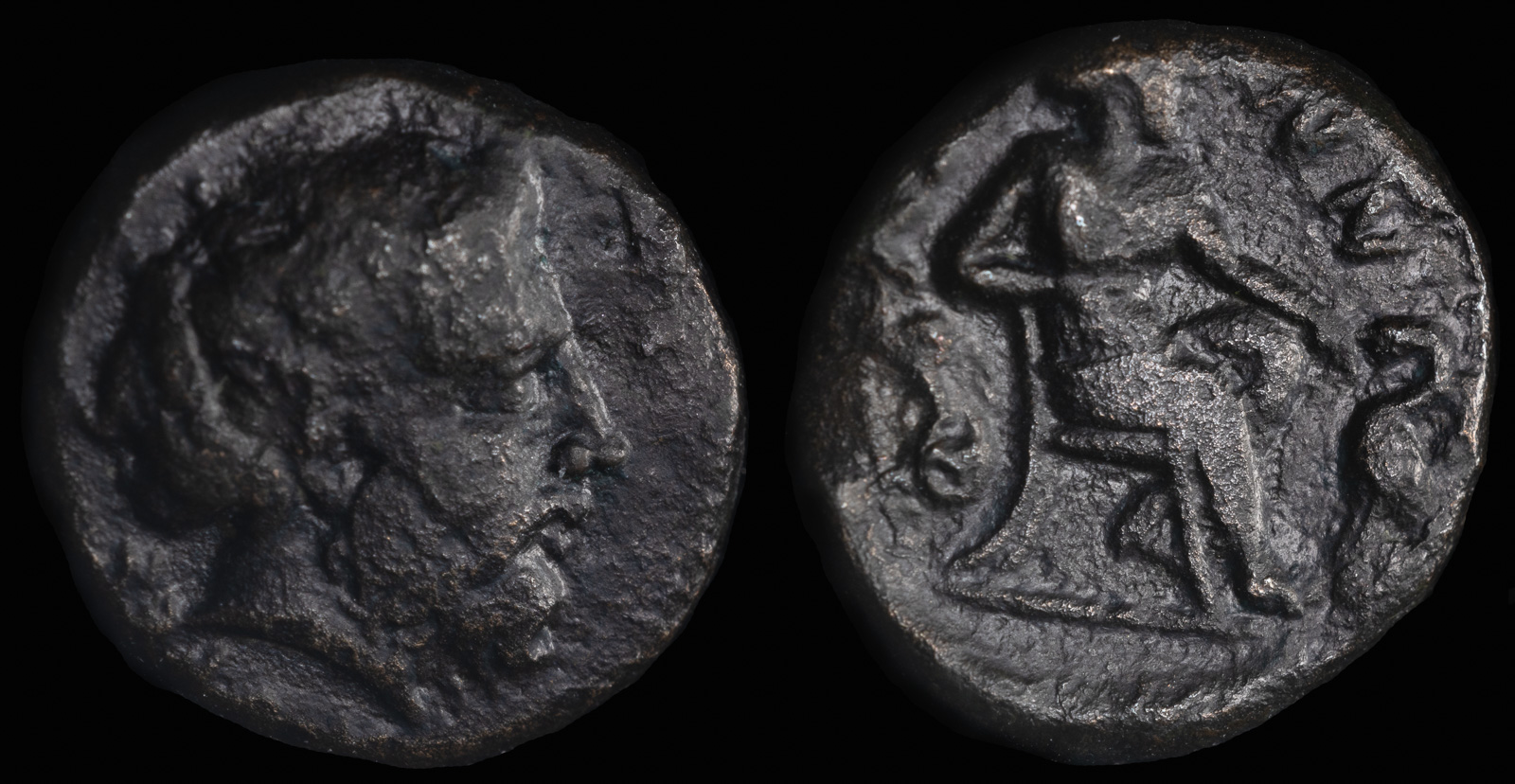Stork
View All Tags
The stork’s most notable symbolism was tied to its role in childbirth. Ancient Greeks often believed that the stork was involved in the delivery of babies, and in some versions of Greek mythology, the stork was considered to carry newborns to their parents, which reinforced its association with fertility. This belief, along with the bird’s frequent sightings during the warmer months, led to its image becoming synonymous with the cycle of life and the nurturing of new generations. The stork was often viewed as a benefactor of families, and its arrival was a good omen for new beginnings and growth.
Additionally, the stork’s dedication to its offspring added an element of parental care to its symbolism. Greek mythology emphasized the bird’s filial devotion, as storks were thought to care for their young with great tenderness and responsibility. This made the stork a powerful symbol of family loyalty and the importance of caring for one’s relatives, especially one’s children. Some sources even linked the bird to the god Hermes, who was associated with travel and transitions, reflecting the stork’s role in migration and seasonal change.

Phalanna, Thessaly
Mid-late 4th century BCE
Ae Chalkous 14.8mm, 4.4gms
Obv: PELORES; head of Zeus Peloris right
Rev: FALLA-NN; The nymph Phalanna seated right on chair, feeding stork to right
BCD Thessaly II 574
Ex-BCD Collection